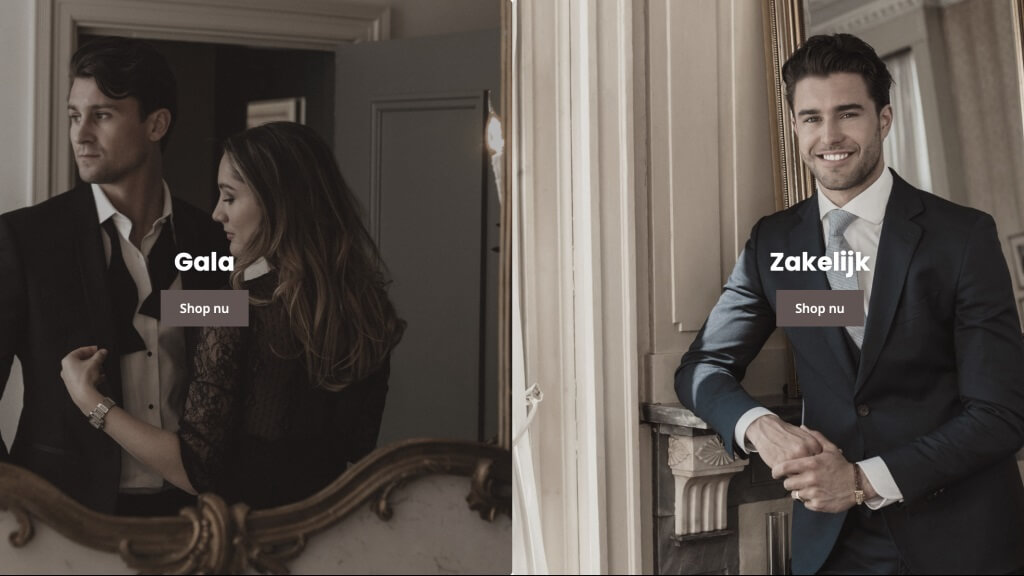An alternatives to the convertible loan agreement are the US-originated
- SAFE (Simple Agreement for Future Equity) and
- KISS (Keep it Simple Security). The Dutch variant is the
- EPOS (Easy Pre-payment on Shares).
These are already widely used outside the Netherlands by Angel or venture capital investors.
Series A round financing (also called a priced round) involves a valuation of the company, which is one of the main topics of discussion.
At this stage, funding is generally raised through the issue of shares. The parties negotiate about the content of a Term Sheet, which often runs to more than 10 pages.

The phase before investors come on board is called the Seed Phase. In this phase, it is often difficult to rate the company. In order to avoid discussions about this, a convertible loan agreement is frequently used in this phase.
The Convertible Loan Agreement
The convertible loan converts into shares at an agreed later time. Interest is charged on the principal, but it is customary for this interest only to be paid at the time of conversion. The amount of interest is therefore converted into shares.
The investor is an unsecured creditor and ranks above the shareholders, who at that time are often the founders of the company. For the company, the convertible loan is visible on the balance sheet as a debt.
The convertible loan is relatively simple, contains many standard provisions and can be taken out quickly.
SAFE Attributes
Introduced in the United States in 2013 as a simplified form of a convertible loan, the SAFE is, in short, an investment against the promise of acquiring shares at a later date through conversion.
The SAFE contains five pages of standard terms that make negotiations quick and simple. The SAFE qualifies as equity and no agreements are made about interest payments or a repayment date.
The main negotiation points in the SAFE are:
- the amount invested; and
- the valuation cap.
The valuation cap is the maximum valuation of the company at which the investor is willing to finance.
The SAFE uses a post-money valuation cap: the valuation of the company plus the investment.
In a SAFE, it is agreed that the SAFE will only convert when a priced round (or a Series A investment) takes place. If the company is valued higher in the Series A round, the SAFE investor is likely to pay a lower price per share of the same type of share as the Series A investor. The conversion will happen just before the Series A investment round, providing clarity about the new share ratio between founders and SAFE investors.
After the Series A round, the Founders and SAFE investors will be diluted by the issue to the Series A investor.
Differences between SAFE and the convertible loan:
In the Netherlands, investments in the Seed phase of a start-up have so far been characterised mainly by financing through a convertible loan. The differences between the SAFE and the convertible loan include:
- the SAFE is seen as equity on the balance sheet, a convertible loan as a debt;
- the invested amount cannot be claimed from a SAFE if the start-up does not meet expectations. For an investor this could mean that you lose your entire investment with a SAFE, whereas with a convertible loan you may still get all or part of the amount back;
- unlike a convertible loan, a SAFE is different by not being tied to a specific loan repayment date, nor is it complicated by accruing interest;
- a SAFE generally requires less discussion and time when compiling and negotiating. Because the agreement contains relatively few conditions, the negotiations are usually faster and simpler.
KISS Attributes
The KISS is designed to save founders and investors time and money. There are two types of KISS agreements:
- Debt variant as an alternative to the convertible loan agreement with interest; or
- Equity variant, without interest and maturity as an alternative to the SAFE.
The difference between Debt KISS and Equity KISS is the interest. The default is 4% interest and a Maturity Date of 18 months.
The KISS also includes MFN (Most Favoured Nation). This means that the Early Stage KISS investor changes his participation conditions to more favourable conditions, if the valuation of the start-up decreases or if the start-up offers more favourable conditions to future investors.
The KISS is automatically converted if the start-up is valued at no less than $1 million in a subsequent Series A round. The conversion is made at the lowest price per share calculated by the agreed Valuation Cap of Discount.
Should the start-up be sold, the Return on Investment (RoI) is determined by the Valuation Cap or by an agreed applied Multiplier (usually x2) on the initial investment.
When an investor invests at least $50,000, the title Major Investor is obtained. This gives the Major KISS Investor the right to be the first to invest again. Unlike the SAFE, the KISS can be transferred.
The Easy Prepayment on Shares (EPOS)
The comparable instrument ‘the Easy Prepayment On Shares‘ (or EPOS) is the Dutch version of SAFE.
The EPOS is also comparable to a convertible loan, but is not complicated by accruing interest or a repayment date and also does not become due and payable. Just like a SAFE, an EPOS gives the right to convert the financing into shares at the next agreed financing round, a sale of the company or an IPO.
Popularity of SAFE, KISS & EPOS
Despite the fact that the SAFE, the KISS and its Dutch variant EPOS are not yet widely used in the Dutch start-up climate, these financing instruments are very popular in the United States. These simple alternatives can offer many benefits for Dutch start-ups.
Corporate lawyer Dirk de Waard is happy to advise you about SAFE, KISS, EPOS and other forms of financing. You can contact Dirk at: dirk.dewaard@viottalaw.com.









